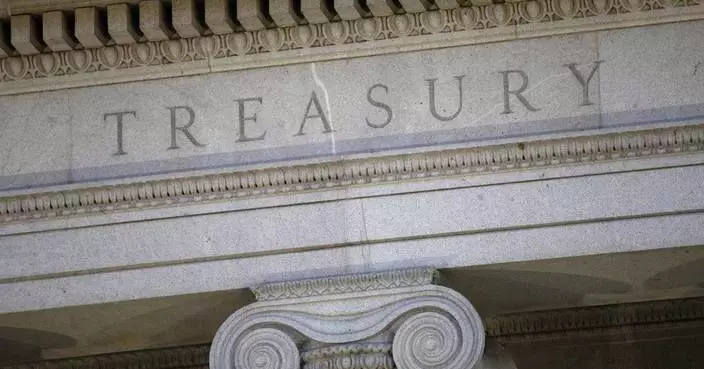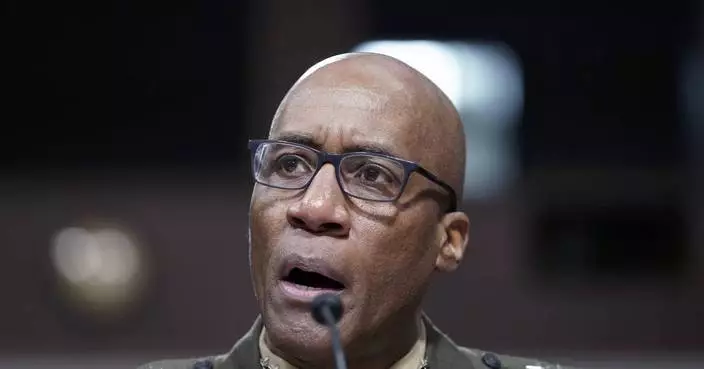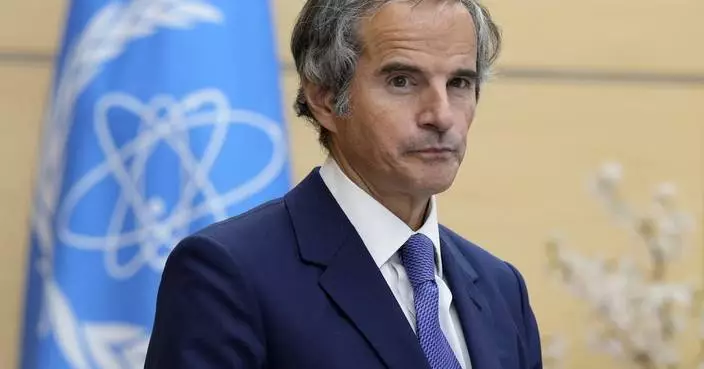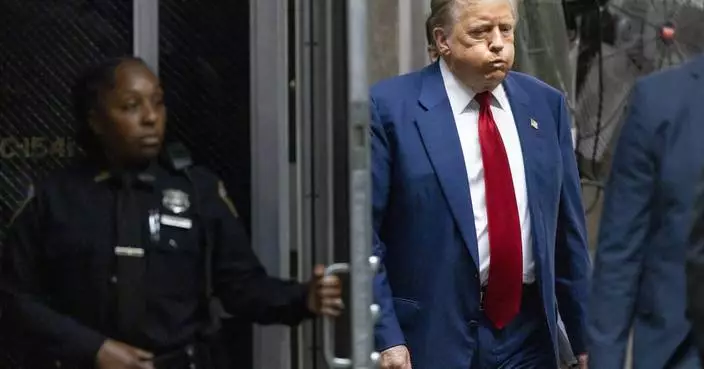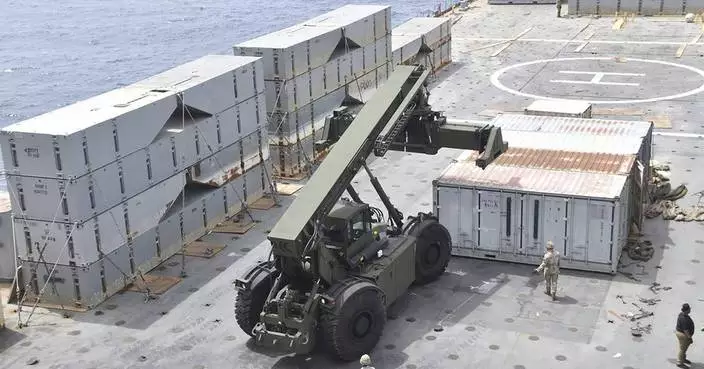The Supreme Court on Monday avoided a high-profile case by rejecting appeals from Kansas and Louisiana in their effort to strip Medicaid money from Planned Parenthood, over the dissenting votes of three justices.
The court's order reflected a split among its conservative justices and an accusation from Justice Clarence Thomas that his colleagues seemed to be ducking the case for political reasons.
The two states were appealing lower court rulings that had blocked them from withholding money that is used for health services for low-income women. The money is not used for abortions. Abortion opponents have said Planned Parenthood should not receive any government money because of heavily edited videos that claimed to show the nation's largest abortion provider profiting from sales of fetal tissue for medical research.
Investigations sparked by the videos in several states didn't result in criminal charges.
The dispute at the high court has nothing to do with abortion, as Thomas pointed out in a dissent that was joined by Justices Samuel Alito and Neil Gorsuch. In his first discernible vote on the court, new Justice Brett Kavanaugh declined to join Thomas, Alito and Gorsuch because a fourth vote would have been enough to set the case for arguments. Chief Justice John Roberts also did not vote to hear the case, along with the four more liberal justices.
The issue is who has the right to challenge a state's Medicaid funding decisions, private individuals or only the federal government. The states say that the Medicaid program, a joint venture of federal and state governments to provide health care to poorer Americans, makes clear that only the Secretary of Health and Human Services can intervene, by withholding money from a state.
Most lower federal courts have found that private parties can challenge Medicaid funding decisions in court, although the federal appeals court in St. Louis rejected a similar court challenge and allowed Arkansas to end its contract with Planned Parenthood. A split among federal appeals courts is often a reason for the Supreme Court to step in.
"So what explains the court's refusal to do its job here? I suspect it has something to do with the fact that some respondents in these cases are named 'Planned Parenthood.' That makes the Court's decision particularly troubling, as the question presented has nothing to do with abortion," Thomas wrote.
The dispute over funding for Planned Parenthood stemmed from the July 2015 release by the anti-abortion group Center for Medical Progress of a series of edited videos purportedly depicting Planned Parenthood of America executives talking about the sale of fetal tissue. Planned Parenthood has said it did not seek any payments beyond legally permitted reimbursement of costs.
UNITED NATIONS (AP) — Russia has circulated a U.N. resolution calling on all countries to take urgent action to prevent putting weapons in outer space “for all time” a week after it vetoed a U.S.-Japan resolution to stop an arms race in space.
The Russian draft resolution, obtained Wednesday by The Associated Press, goes further than the U.S.-Japan proposal, not only calling for efforts to stop weapons from being deployed in outer space but for preventing “the threat or use of force in outer space,” also “for all time.”
It says this should include deploying weapons “from space against Earth, and from Earth against objects in outer space.”
Russia’s U.N. Ambassador Vassily Nebenzia told the Security Council when he vetoed the U,S.-Japan draft that it didn’t go far enough in banning all types of weapons in space.
The vetoed resolution focused solely on weapons of mass destruction including nuclear arms, and made no mention of other weapons in space.
It would have called on all countries not to develop or deploy nuclear arms or other weapons of mass destruction in space, as banned under a 1967 international treaty that the U.S. and Russia ratified, and to agree to the need to verify compliance.
Before the U.S.-Japan resolution was put to a vote on April 24, Russia and China proposed an amendment that would call on all countries, especially those with space capabilities, “to prevent for all time the placement of weapons in outer space, and the threat of use of force in outer spaces.”
The vote was 7 countries in favor, 7 against, and one abstention and the amendment was defeated because it failed to get the minimum 9 “yes” votes in the 15-member Security Council required for adoption.
U.S. Ambassador Linda Thomas-Greenfield told the council after the vote that Russian President Vladimir Putin has said Moscow has no intention of deploying nuclear weapons in space.
“Today’s veto begs the question: Why? Why, if you are following the rules, would you not support a resolution that reaffirms them? What could you possibly be hiding,” she asked. “It’s baffling. And it’s a shame.”
Putin was responding to White House confirmation in February that Russia has obtained a “troubling” anti-satellite weapon capability, although such a weapon is not operational yet.
Russia’s U.N. Ambassador Vassily Nebenzia said after casting the veto that the U.S.-Japan resolution cherry picked weapons of mass destruction.
He said much of the U.S. and Japan’s actions become clear “if we recall that the U.S. and their allies announced some time ago plans to place weapons … in outer space.”
Nebenzia also accused the U.S. of blocking a Russian-Chinese proposal since 2008 for a treaty against putting weapons in outer space.
Thomas-Greenfield accused Russia of undermining global treaties to prevent the spread of nuclear weapons, irresponsibly invoking “dangerous nuclear rhetoric,” walking away from several of its arms control obligations, and refusing to engage “in substantive discussions around arms control or risk reduction.”
Much of the Russian draft resolution is exactly the same as the U.S.-Japan draft, including the language on preventing an arms race in space.
It calls on all countries, especially those with major space capabilities, “to contribute actively to the objective of the peaceful use of outer space and of the prevention of an arms race in outer space.”
Thomas-Greenfield said the world is just beginning to understand “the catastrophic ramifications of a nuclear explosion in space.”

FILE - U.S. Ambassador to United Nations Linda Thomas-Greenfield speaks on Thursday, April 18, 2024, in Tokyo. The U.N. Security Council is set to vote Wednesday, April 24, 2024, on a resolution announced by Thomas-Greenfield, calling on all nations to prevent a dangerous nuclear arms race in outer space. It is likely to be vetoed by Russia. (AP Photo/Eugene Hoshiko, Pool, File)




